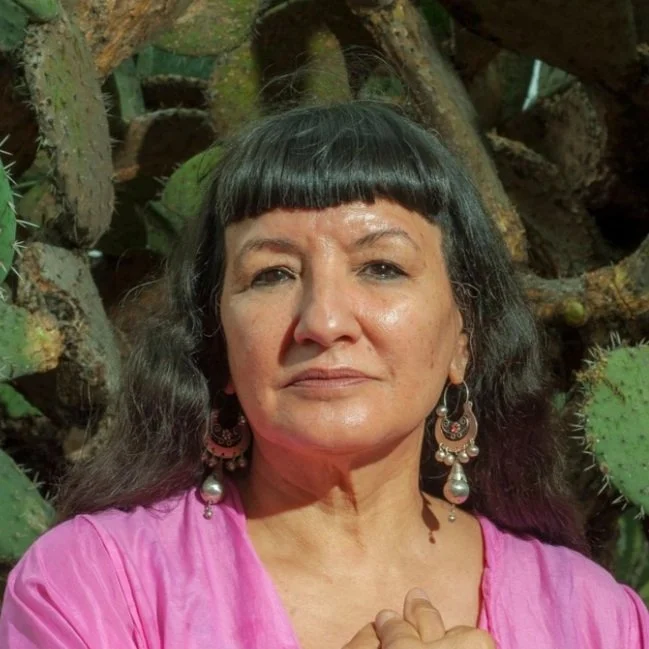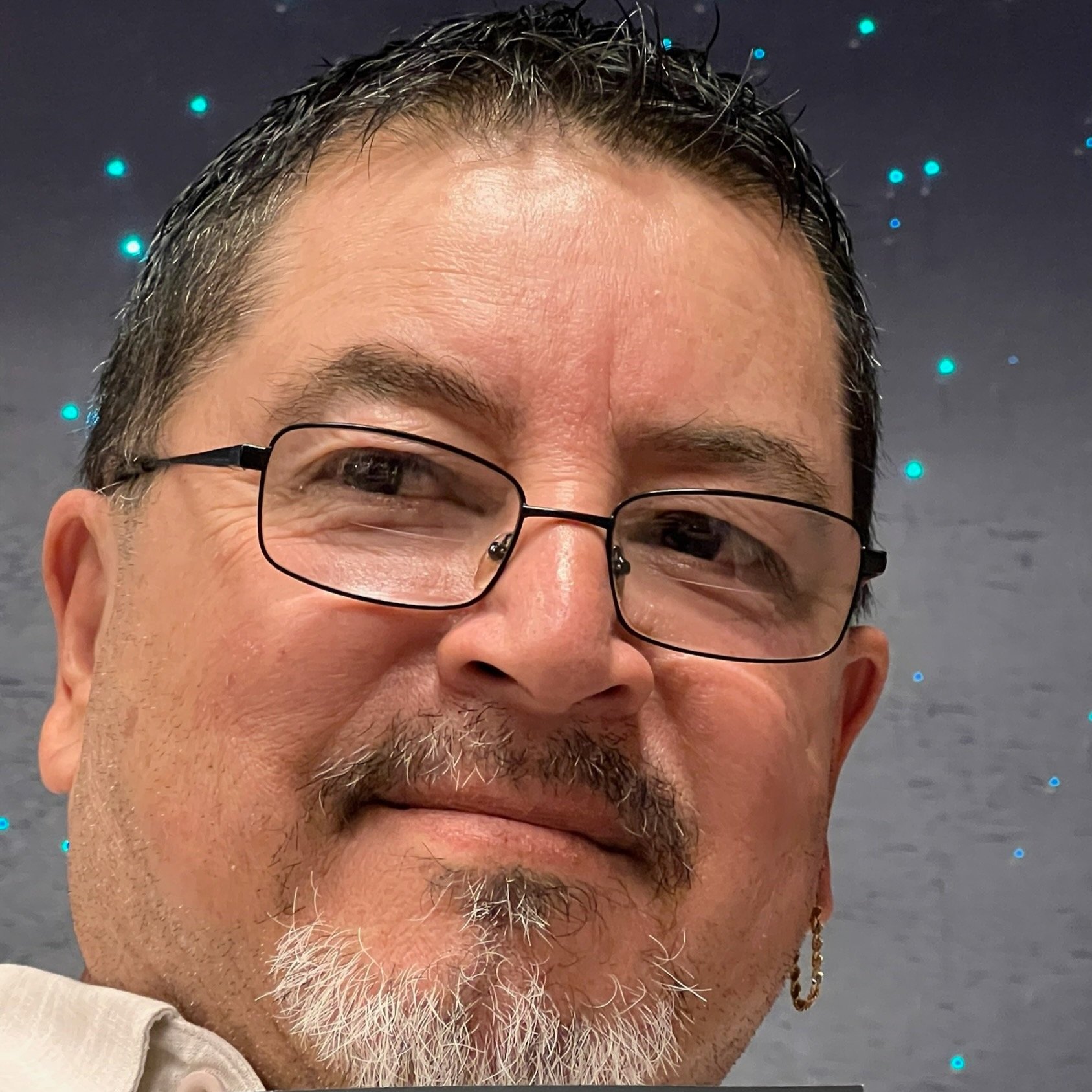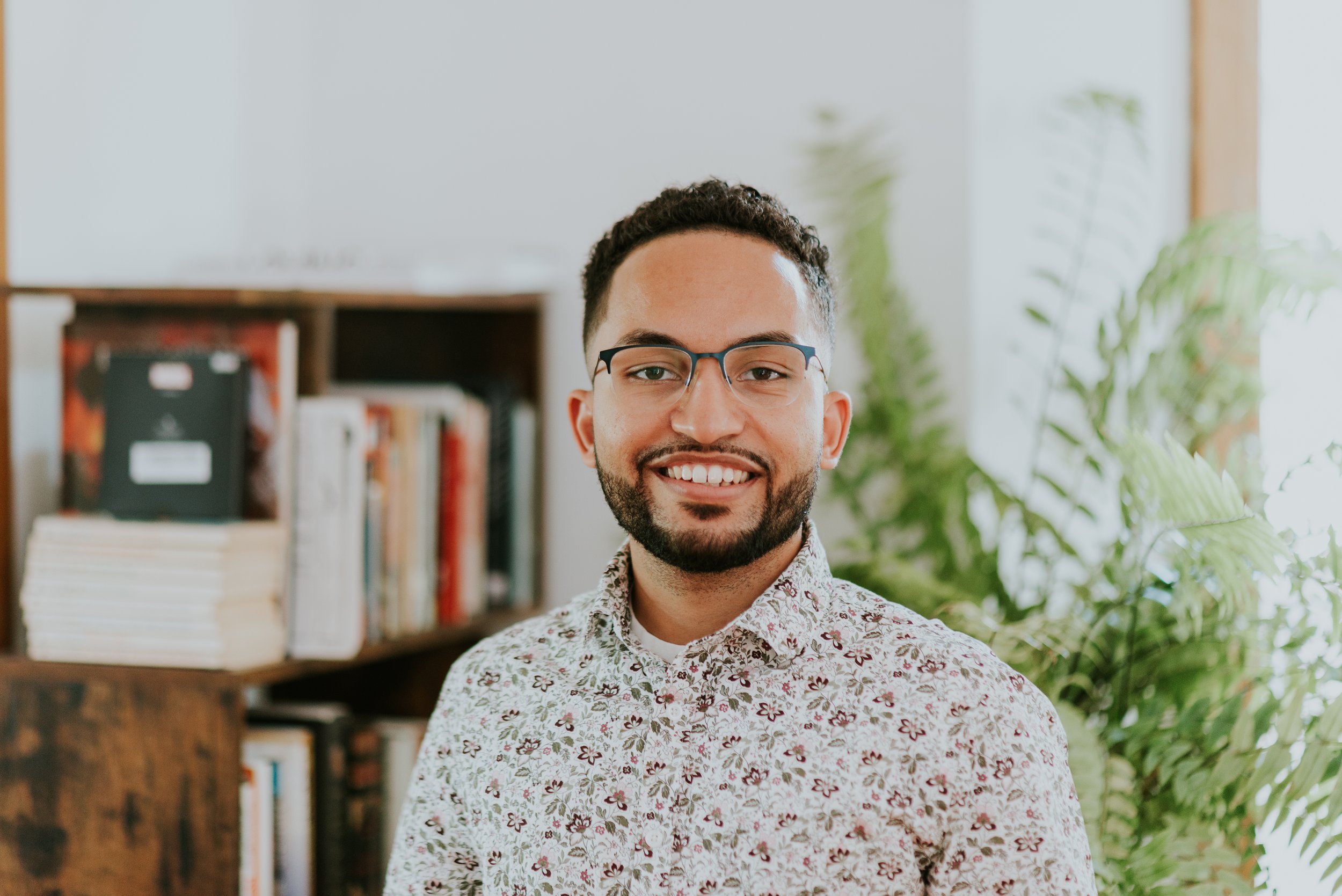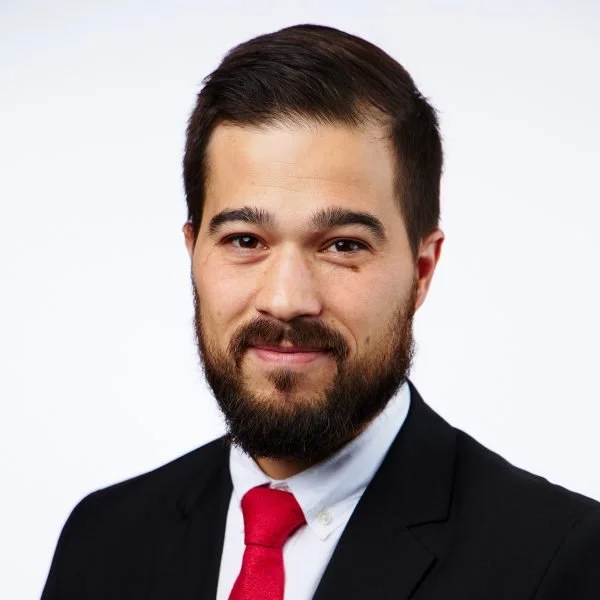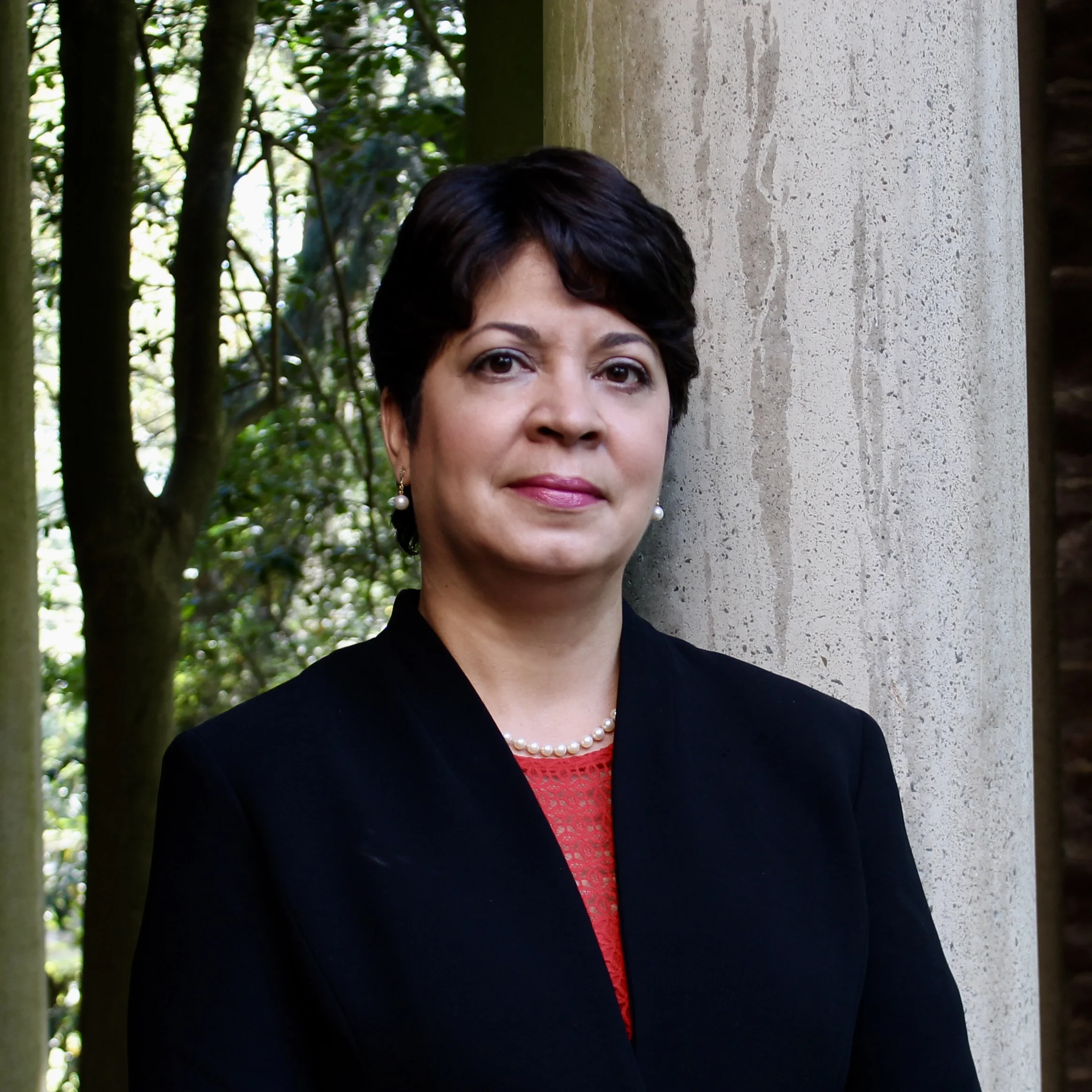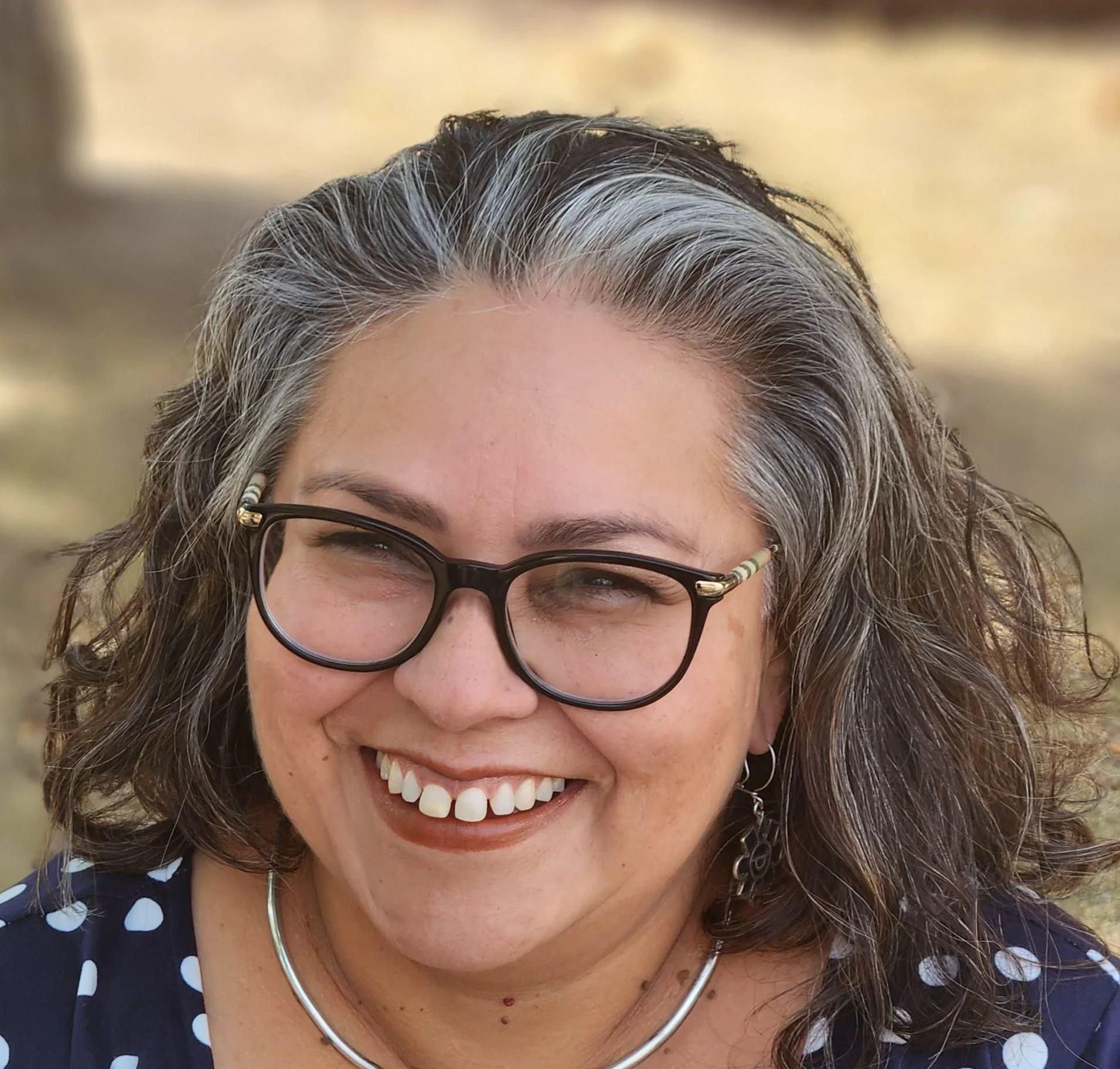Edgar Sandoval
Edgar Sandoval is a National Correspondent for The New York Times, writing about Texas and the nuances of the U.S. Latino experience. A graduate of the University of Texas Pan-American, he began his career in journalism at The McAllen Monitor, his hometown newspaper, where he wrote obituaries while still in college. He went on to complete a training program at The Los Angeles Times, then worked as a reporter for The Morning Call in Allentown, PA, and at The South Florida Sun-Sentinel in Fort Lauderdale. He spent almost three years writing about the assimilation of Latino immigrants in Pennsylvania; the articles are anthologized in The New Face of Small-Town America: Snapshots of Latino Life in Allentown, Pennsylvania (Penn State University Press, 2010). The Nieman Storyboard Notable Narrative blog, affiliated with Harvard University, featured his 2004 Sun-Sentinel story about mothers behind bars, “Learning Their Lessons.” Sandoval worked for the New York Daily News for a decade, before joining The New York Times in 2019.
T.I. Frazier
T.I. Frazier is a writer of inspirational books and children’s stories. Born on the East Coast and partly raised in Southern California, Frazier served ten years with the United States Army National Guard in various roles, including Chaplain Assistant, and was deployed in support of Operation Enduring Freedom. He holds an undergraduate degree in Sociology from Calvin University and an MBA from Western Governor’s University. He has worked in a variety of financial-related roles, including business banking, private banking, analysis, and procurement in the healthcare and food industries. Currently, Frazier works for a trust company as he continues to write, teach, motivate, and serve others, empowering them to strive past the unknown and to explore their passions. He is the author of Faith Arising (Timothy Frazier, 2022), the forthcoming devotional Faith Growth Stages (Timothy Frazier, 2023), and the children’s book Lauren the Cow (Timothy Frazier, 2022). He lives with his family in Michigan; when he isn’t running around, playing with his three-year-old son and wife Lauren, he may be on a farm with his faithful dog Rocky and cat Al.
Sandra Cisneros
Sandra Cisneros is a celebrated poet, short story writer, novelist, essayist, performer, and artist. Her numerous awards include NEA fellowships in both poetry and fiction, a MacArthur Fellowship, national and international book awards, including the PEN America Literary Award, and the National Medal of Arts. More recently, she received the Ford Foundation’s Art of Change Fellowship, was recognized with the Fuller Award for Lifetime Achievement in Literature, and won the PEN/Nabokov Award for Achievement in International Literature; recently, she was honored by the Poetry Foundation with a 2022 Ruth Lilly Poetry Prize, one of the most prestigious awards given to American poets and one of the nation’s largest literary prizes, in recognition of her outstanding lifetime achievement. In addition to her writing, Cisneros has fostered the careers of many aspiring and emerging writers through two nonprofits she founded: the Macondo Foundation and the Alfredo Cisneros del Moral Foundation. As a single woman, she made the choice to have books instead of children. A citizen of both the United States and Mexico, Cisneros currently lives in San Miguel de Allende and makes her living by her pen. She has authored over ten books in different genres and translations, including the acclaimed, best-selling The House on Mango Street (Knopf, 1994) and, most recently, the poetry collection Woman Without Shame (Knopf, 2022).
Richard Vargas
Richard Vargas was born and raised in Los Angeles and Orange Counties, California. He earned a BA at California State University, Long Beach, where he studied under American poets Gerald Locklin and Richard Lee, and earned an MFA from the University of New Mexico. Vargas edited and/or published five issues of The Tequila Review (1977-1980) and twelve issues of The Mas Tequila Review (2010-2015). A recipient of the 2011 Taos Summer Writers’ Conference’s Hispanic Writer Award, he was on the faculty of the 2012 10th National Latino Writers Conference and of the 2015 Taos Summer Writers’ Conference. Vargas is the author of five collections of poetry: McLife (Main Street Rag, 2005), American Jesus: Poems (Tia Chucha Press, 2007), Guernica, revisited (Press 53, 2014), How A Civilization Begins (Mouthfeel Press, 2022), and Leaving A Tip At The Blue Moon Motel (Casa Urraca Press, forthcoming in 2023). He currently resides in Wisconsin, near the lake where Otis Redding’s plane crashed.
Ray Santiesteban
Ray Santisteban has worked for the past 26 years as a documentary filmmaker, teacher, and film curator. His work consistently gravitates toward political subjects and artist profiles, addressing the themes of justice, memory, and political transformation. A graduate of NYU’s Film and TV production program, he has explored a variety of subjects, including the New York-based Black Panther leader Dhoruba Bin Wahad (Passin' It On, co-producer), the roots of Puerto Rican poetry (Nuyorican Poets Cafe, 1994, director, producer, editor), and Chicano poetry (Voices from Texas, director/producer). Santiesteban was senior producer of Visiones: Latino Art and Culture in the U.S.., a three-hour PBS series nationally broadcast in 2004. Honors he has garnered include a 1992 Student Academy Award, a 1993 New York Foundation for the Arts Media Fellowship, a 1996 “Ideas In Action” Award from the National Tele-Media Alliance, a 1996 “Faculty of the Year” Award from the Chicano Studies Program at University of Wisconsin–Madison, a 2005 Rockefeller Film and Video Fellowship, a 2008 and 2016 San Antonio Artists Foundation Filmmaker Award, and a 2016 Tobin Award for Artistic Excellence. Santiesteban is based in San Antonio, Texas.
Amanda Calderón
Amanda Calderón is a third-year MDiv (2023) student at Princeton Theological Seminary and a student aide at the Hispanic Theological Initiative (HTI). Born and raised in Philadelphia, PA, she holds a bachelor’s degree in Education from Temple University. Calderón has a heart for God, a passion for people, and an outstretched hand to those in the margins, specifically in education and in the Latinx community, to bring truth and light to those who have been crushed by the power of darkness.
Emanuel Padilla
Emanuel Padilla is president of World Outspoken, a ministry preparing the mestizo church for cultural change. After years as an undergraduate instructor, he now develops accessible resources and training for bi-cultural Christians facing questions of identity, culture, and theology. Emanuel is completing a PhD in Theological and Ethical studies at Garrett-Evangelical Theological Seminary. He also serves at The Brook, a church on the northwest side of Chicago, along with his wife Kelly. Connect with him on Facebook and Twitter for more on his research into theology and culture.
Eve Fairbanks
Eve Fairbanks writes about change: in cities, countries, landscapes, morals, values, and our ideas of ourselves. A former political writer for The New Republic, her essays and reportage have been published in The Washington Post, The New York Times, and The Guardian, among other outlets. Born in Washington, DC, and raised in Virginia, she has lived in Johannesburg, South Africa, for thirteen years. She holds a BA in Political Science and Government from Yale University. The Inheritors: An Intimate Portrait of South Africa's Racial Reckoning (Simon & Schuster, 2022) is her debut, winner of the 2023 PEN/John Kenneth Galbraith Award for Nonfiction.
Noemi Córdova
Noemi Córdova is the founder of FLORA, a grassroots ministry supporting immigrant families and mobilizing the church to build with their communities. She is currently pursuing her MDiv at Fuller Theological Seminary. A pastor, mobilizer, and Spanglish speaker, Cordova is an immigrant from Lima, Peru and rooted in Queens, New York. Her faith is what fuels her heart for advocacy and community development.
Wanderley Pereira da Rosa
Dr. Wanderley Pereira da Rosa holds a degree in Theology from the Rev. José Manoel da Conceição from São Paulo/SP; a degree in philosophy from the Federal University of Espírito Santo; a Master in Theology from Faculdades EST de São Leopoldo/RS; and a Doctorate in Theology from the Pontifical Catholic University of Rio de Janeiro/RJ. He is professor of History of Christianity in the Bachelor of Theology and of Religion, Democracy, and Public Sphere in post-graduate studies at the Faculdade Unida de Vitória, which he helped found in 1997, serving as General Director since then. His main research interests are the social and political theology of the Reformation and the history of Protestantism in Brazil. After his training, he was ordained pastor of the Presbyterian Church of Brazil (1992). His publications include O Dualismo na Teologia Cristã [Dualism in Christian Theology] (Fonte Editorial, 2010); Cristo e o Processo Revolucionário Brasileiro: A Conferência do Nordeste 50 anos depois (1962-2012 ) [Christ and the Brazilian Revolutionary Process: The Northeast Conference 50 Years Later (1962-2012)] (co-edited with Prof. José Adriano Filho – Mauad X, 2012); Religião e Sociedade (Pós) Secular [Religion and (Post) Secular Society (co-edited with Prof. Osvaldo Luiz Ribeiro – Academia Cristã, 2014); World Christianity as Public Religion (co-edited with Professors Raimundo Cesar Barreto and Ronaldo Cavalcante – Fortress Press, 2017); and Por uma fé encarnada: uma introdução à história do Protestantismo no Brasil [For an Incarnate Faith: An Introduction to the History of Protestantism in Brazil] (Editora Recriar, 2022). He currently coordinates the Research Group Intellectual Origins of Mission Protestantism in Brazil. He is a member of the Board of Directors of CETELA - Latin American and Caribbean Ecumenical Theological Education Community for the Quadrennial 2018-2021, of Society of Theology and Science of Religion (SOTER), and of the American Academy of Religion (AAR). Dr. Pereira da Rosa is also editor for Editora Unida.
José Pérez
José A. Pérez is a poet, actor, and foster-care reform/abolitionist advocate. A native New Yorker, he grew up in Queens as a systems-impacted person in foster homes, group homes, and other juvenile institutions. For Pérez, the arts have been synonymous with freedom, fostering spaces where relationships are forged under the common love for lyrics and unfettered expression. He especially found writing poetry and acting on stage to be his catalysts not only to survive in those institutions but also to thrive. While incarcerated, Pérez earned an AA from Bard College, a BS from Nyack College through HudsonLink, and capped his academic career with an MPS from the New York Theological Seminary. He has facilitated theater and poetry workshops, including the Harvest Moon Poetry Collective with Beat poet Janine Pommy Vega, and hosted poets like Naomi Shihab Nye and Amiri Baraka. As an actor, Pérez recently performed at the Bushwick Starr Theater in Quince (One Whale’s Tale Productions, 2022). He has also been a servant leader as an alternatives-to-violence facilitator, including work with gang-involved youth at the Center for Alternatives Sentencing and Employment Services as a community Benefits Project Supervisor. Currently, Pérez is Project Manager of YouthNPower: Transforming Care for the Children’s Defense Fund.
Jennifer Baez
Dr. Jennifer A. Baez, Assistant Professor of Art History in the School of Art + Art History + Design at University of Washington, specializes in the visual, material, and religious culture of Latin America and the African diaspora under the global Spanish empire. She received her PhD in art history from Florida State University, where she taught courses in museum studies and the history of African art. She also holds and MA in Art History from University of Arizona; and MA in Translation and Interpretation from Monterey Institute of International Studies, and a BFA in Painting and Printmaking (with a minor in Romance Languages) from SUNY Purchase College. Her current book project on the miraculous icon of the Virgin of Altagracia in colonial Hispaniola is a microhistory exploring intersections between Marian devotion, artistic practice, race, and the formation of Spanish Creole origin stories. She is also interested in contemporary Caribbean and Latinx art, and writes on monuments, heritage, and issues of gender, race, and representation.
Her work has appeared in several journals and academic platforms, including Hyperallergic, Small Axe, Arts, Smarthistory, and in the Art & Architecture ePortal of Yale University Press (forthcoming). Several grants and fellowships have supported her research, including a Carl & Marilynn Thoma Foundation award. She was also selected to participate in the 6th annual Curatorial Foundation Seminar hosted by the Mellon Foundation and the Center for Curatorial Leadership in New York City. Dr. Baez is currently working on an exhibition on salt and cross-cultural artistic exchange in the Black Mediterranean. Professional affiliations: College Art Association (CAA), Association of Latin American Art (ALAA), Renaissance Society of America (RSA), and the Latin American Studies Association (LASA) section for Haiti and the Dominican Republic.
Lis Valle-Ruiz
Rev. Dr. Lis Valle-Ruiz is Assistant Professor of Homiletics at McCormick Theological Seminary. She holds a PhD in Homiletics and Liturgics from Vanderbilt University, where she also studied gender and sexuality. Her dissertation, “As One Among Many: Affirming a Multitude of Embodied Preaching Practices,” analyzes pulpit preaching through public speech, street preaching through symbolic action, and preaching through theater and proposes that these are three paradigms among many others in the repertoire of embodied Christian preaching practices among which preachers may choose. Originally from Puerto Rico, Rev. Dr. Valle-Ruiz has researched the theology of the sermons of Latina clergy and is also the author of “Toward Postcolonial Liturgical Preaching: Drawing on the Pre-Columbian Caribbean Religion of the Taínos” in Homiletic Online Journal (2015).
She is an ordained minister in the Presbyterian Church (USA) since 2013 who has served as Professor of Theology and Scripture at the Lux Summer Youth Institute in Monmouth College, IL and possesses a background as both an actor and a lawyer. Rev. Dr. Valle-Ruiz holds a ThM in Homiletics from Princeton Theological Seminary, an MDiv from Louisville Presbyterian Theological Seminary, as well as a JD from the University of Puerto Rico. With a BA in Education with an emphasis in Theater, Rev. Dr. Valle-Ruiz has continued to combine her study of theology and passion for justice with her work as an actress and an artistic director. She is a member of the American Academy of Religion, the Academy of Homiletics, and the ARC Creative Collaborative for Theopoetics, among other professional organizations. Dr. Valle-Ruiz has been a fellow with the Forum for Theological Exploration and the Hispanic Theological Initiative/Consortium.
Jung Mo Sung
Jung Mo Sung is a Roman Catholic lay theologian trained in theology, ethics, and education. Born in South Korea and has been living in Brazil since 1966, he teaches in the Graduate Program in Religious Studies at Methodist University of São Paulo, Brazil. He works within the paradigm of liberation theology and is considered a "next generation" theologian-practitioner. His research focuses on the relationship between theology and economics, especially the theological aspects of capitalist economics and the economic aspects of Christian theology. He has written many books on theological critique of political economy, including the following titles in English: Desire, Market and Religion (SCM Press, 2007); Beyond the Spirit of Empire (SCM Press, 2009), co-authored with Néstor Miguez and Joerg Rieger; and The Subject, Capitalism and Religion: Horizons of Hope in Complex Society (Palgrave Macmillan, 2011).
Filipe Maia
Dr. Filipe Maia is Assistant Professor of Theology at the Boston University School of Theology. His research and teaching focus on liberation theologies and philosophies, theology and economics, and the Christian eschatological imagination. Dr. Maia's scholarship pays special attention to how imaginaries about the future shape politics, economics, cultural patterns, and religious practices. Employing sources in Marxist and continental philosophies, his current book Trading Futures: A Theological Critique of Financialized Capitalism (Duke University Press, 2022) offers an analysis of the debate in critical theory, addressing the “financialization” of capitalism to show how future-talk is ubiquitous to financial discourse and how contemporary finance engenders a particular mode of temporality. In this context, he suggests that the language of hope, as approached by Latinx liberation theologians, is a subversive social force that can continuously question and resist the hopes and expectations conjured by hegemonic economic discourses. Dr. Maia holds BTh and BPh degrees from Universidade Metodista de São Paulo, and a ThD from Harvard Divinity School.
Joanne Rodríguez
Rev. Dr. Joanne Rodríguez is Executive Director of the Hispanic Theological Initiative (HTI) and an ordained minister in the Presbyterian Church USA. Since 1999, Rev. Dr. Rodríguez has collaborated with students, faculty, deans, presidents, and directors of non-profit educational programs to ensure that HTI doctoral students graduate as influential leaders in theological and religious education and the broader educational landscape. She holds an honorary doctorate from the Iliff School of Theology, where she served as the Commencement Speaker for the class of 2024. She also earned ThM and MDiv degrees from Princeton Theological Seminary and a BA from Pace University. The Association of Theological Schools (ATS) recognized her contributions with a 2024 Women in Leadership Trailblazer Award. Additionally, Rev. Dr. Rodríguez is a teaching elder at the Westminster Presbyterian Church in Trenton, New Jersey.
Kristina Lizardy-Hajbi
Rev. Dr. Kristina Lizardy-Hajbi is Assistant Professor of Leadership and Formation and Director of the Office of Professional Formation at Iliff School of Theology in Denver, Colorado; she also co-directs the Doctor of Ministry in Prophetic Leadership and coordinates the Certificate in Latinx Studies for the Iliff and the University of Denver Joint PhD in the Study of Religion. Rev. Dr. Lizardy-Hajbi is an Ordained Minister in the United Church of Christ and has served in a variety of ministry roles, including as a hospital chaplain, youth leader, multicultural student affairs director, and denominational researcher. Her research interests include organizational leadership, liberative theological and decolonial approaches to ministry, congregational studies, young adult spirituality, and intersectional pedagogical practices. She is co-editor of Explore: Vocational Discovery in Ministry (Rowman & Littlefield, 2022) and has written several book chapters, journal articles, and national and denominational research reports. At present, she is a regional advisor for the Exploring the Pandemic Impact on Congregations (EPIC) National Research Project through Hartford Institute for Religion Research and a research fellow with the Center for Church Management at Villanova University.
Adriana Nieto
Dr. Adriana Nieto is an associate professor and chair of the Department of Chicana/o Studies at Metropolitan State University of Denver. She has been with the university for over 15 years, first starting out as an adjunct professor and then becoming a full-time faculty member in 2009. Her teaching and research interests include Latina spiritualities and practices; women of color feminisms; mental health among Xicanas in early 20th-century New Mexico; Chicana protestants in the US-Mexico Borderlands; oral history and water in the ‘West’, with special interest in acequia culture and practices in southern Colorado. Dr. Nieto received her PhD in religious and theological studies from the University of Denver and Iliff School of Theology, her master’s in Latin American studies, with a focus on gender studies and borderland history from the University of New Mexico, and her bachelor’s in Latin American and women studies, also from the University of New Mexico. Dr. Nieto is also currently on the Hispanic Theological Initiative (HTI) Steering Committee and is an HTI alumna.
Valentina Napolitano
Dr. Valentina Napolitano is Professor of Anthropology and Connaught Scholar at the University of Toronto. Her work engages with anthropological, political theological and critical theory debates about personhood, migration, traces, borderlands, and the religious. Among other work, she is the author of two monographs—Migrant Hearts and the Atlantic Return: Transnationalism and the Roman Catholic Church (Fordham University Press, 2015) and Migration, Mujercitas and Medicine Man: Living in Urban Mexico (University of California Press, 2002)—and different edited collections and articles. She is the recipient of the Connaught Global Challenge Award for the project Entangled Worlds: Sovereignty, Sanctities and Soil (with Prof. Simon Coleman), a tri-campus University of Toronto Initiative, and she herself navigates different threads of life through the soil and histories of the Americas, the trans- Mediterranean and West Africa.
Kristin Norget
Dr. Kristin Norget is Associate Professor of Anthropology at McGill University. Her current research interests are concerned with mediatization and contemporary strategies of evangelization of the Roman Catholic Church focused on Mexico and Peru. She has also published on issues of indigeneity and Catholic liberation theology in Mexico. In addition, building on a long-standing interest in transcultural psychiatry, Dr. Norget, who holds a PhD from Cambridge University, completed an MA program in counseling psychology in 2017. She co-edited Mediating Catholicism: Religion and Media in Global Catholic Imaginaries (Bloomsbury Press, 2022) with Eric Hoenes and Marc Loustau; The Anthropology of Catholicism: A Reader (Berkeley: University of California Press, 2017) with Valentina Napolitano and Maya Mayblin; and is the author of Days of Death, Days of Life: Ritual in the Popular Culture of Oaxaca (Columbia University Press, 2006).



